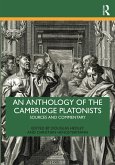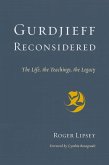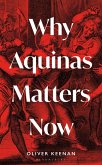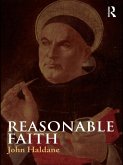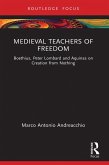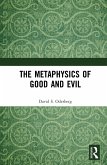Anselm of Canterbury (1033-1109) was the outstanding philosopher-theologian of the Latin West between Augustine and the thirteenth century. As a public figure, especially as Archbishop of Canterbury, he corresponded with kings and nobles, popes and bishops, in letters that reveal a fascinating personality and flesh out the practical dimensions of his theoretical philosophy. He wrote at a time when a renewed interest in logic encouraged careful and rigorous argumentation, but before the recovery of Aristotle filled the philosophical discourse with difficult technical jargon, making for writing that is unrivalled for its lucidity and accessibility. He offers the first clear account of what we now call a libertarian view of free will, according to which free choices cannot be determined by the agent's internal states or by external influences. His famous 'ontological argument' for the existence of God continues to generate discussion, debate, and puzzlement. His understanding of God is rightly regarded as one of the definitive expressions of classical theism or perfect-being theology, which remains influential in philosophy of religion and analytic theology. His account of the Atonement is one that every theologian to this day still grapples with. ABOUT THE SERIES: The Very Short Introductions series from Oxford University Press contains hundreds of titles in almost every subject area. These pocket-sized books are the perfect way to get ahead in a new subject quickly. Our expert authors combine facts, analysis, perspective, new ideas, and enthusiasm to make interesting and challenging topics highly readable.
Dieser Download kann aus rechtlichen Gründen nur mit Rechnungsadresse in A, B, BG, CY, CZ, D, DK, EW, E, FIN, F, GR, HR, H, IRL, I, LT, L, LR, M, NL, PL, P, R, S, SLO, SK ausgeliefert werden.




